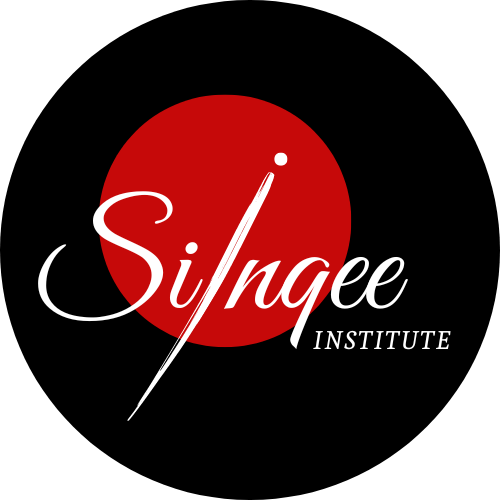Irreecha: Oromo Thanksgiving
Irreecha is an Indigenous Oromo thanksgiving celebration. The word irreecha simply means lush green grass plucked and offered for gratitude, blessings, or prayers. But irreecha is also a weeks-long national thanksgiving festival marking seasonal transitions annually and in resonance with natural phenomena.
The most colorful irreecha celebrated across the Oromo land and in the Oromo diaspora around the world is the one around the end of September, marking the end of the rainy season. In many cases, Oromos and their friends gather for annual rituals of thanksgiving, cleansing, renewal, and affirmation.
Thanksgiving
Ritual foods: small bits of food are tossed on the land and drops of libation are poured to give utmost honor and thanks to Waaqa [God] and Haadha Dachii [Mother Earth] for the abundant nurturance. Major among the foods is buna-qalaa [slaughtered coffee], the sacred object sacrificed to connect with the divinities. Offering food before anyone tastes them is a gesture of mata-deebii [giving back the prime].
Ritual Songs: Maree woo evokes the mara [cycles] of seasons and offers thanks for arriving at the new season and the New Year with hopes of plenty and abundance. Gabbisayyo offers thanks for the optimum rains that nurture life in all its forms, for the promise of prosperity, good omen, and respect of nature.
Cleansing and Renewal
Sacred Space: Traditionally, cleansing starts days before celebrants arrive when elders open the space for the season, and women cleanse the land and the waters with the sweet melodies of their bamboo flutes.
Making Peace: After the thanksgiving songs and offering of ritual foods, celebrants who have knowingly or unknowingly wronged each other are invited to forgive their trespasses and make peace with each other. They cleanse themselves from past wrongs before they pass to the new season.
Ceremonial Procession: Celebrants walk to the river in a ceremonial procession holding lush green grass and hadaa birraa [spring flowers]. They sing araaraaf deemna [we’re walking for reconciliation] to Waaqa and Mother Earth. At the river, they dip their grass in the water and sprinkle themselves as a gesture of cleansing their body and soul. And they walk back in procession singing araaraa gallaa [we’re coming back from reconciliation], thus affirming cleansing and renewal.
Gubaa: When darkness falls, celebrants light bonfire, singing and dancing around it. Next morning, they take part in daaraa-qabata [touching the ashes]. The bonfire symbolizes both the burning of wrongs and the lighting of a new pathway. Touching the cold ashes symbolizes embracing the calm of peace.
Affirmation
Affirmation of celebrants comes in several forms:
First is participating in the shared sacred space
Second is offering the ritual food to God and Mother Earth together and then tasting it together
Third is singing the ritual call-and-response songs and embracing the cyclical natural phenomena together
Fourth is the shared cleansing of wrongs and affirmation of rebirth and renewal together
Fifth is sharing the large communal feast, singing, dancing, and just having a great revival time together
Summing up all these is the ultimate affirmation of reclaiming Irreecha together as the expression of their collective identity in the most trying of political times in the Oromo homeland.

